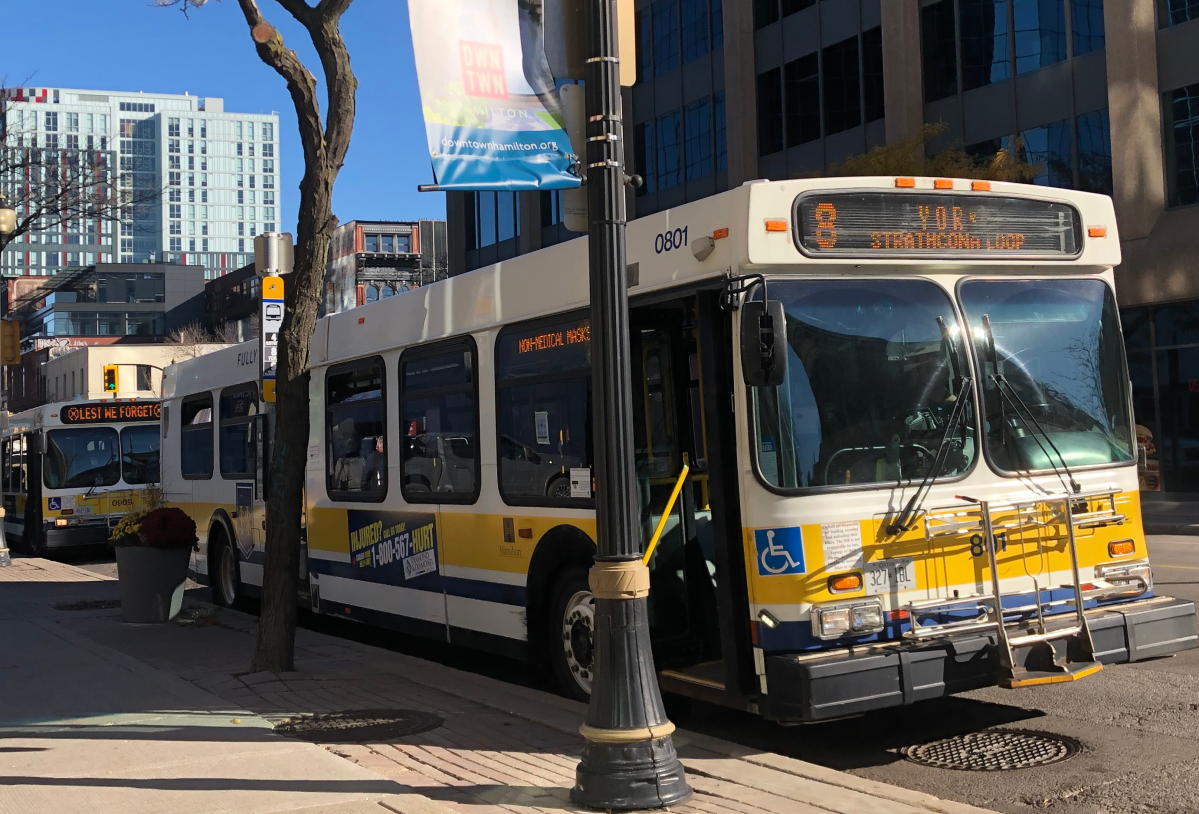Some people in Winnipeg are catching free transit rides, but not because they have a discount.

The Amalgamated Transit Union (ATU) 1505 claims there were about 4.4 million instances of fare evasion last year.
It doesn’t know what the financial loss is yet, but said in 2022, up to $6.7 million went unpaid.
The ATU said that’s not only bad for service, but also contributes to a heightened risk of violence.
“Our members have been subject to incidents where fare disputes quickly escalate into aggressive behaviour, posing a threat to the safety and well-being of both transit operators and passengers,” said Chris Scott, president business agent for ATU Local 1505.

Get daily National news
The union said in 2024, about 60 per cent of safety incidences involving operators also involved the aggressor not paying a bus fare. It said there are additional incidents involving violence against passengers, but did not elaborate.
The current policy meant to prevent fare evasion includes a one-time verbal warning, which the union said is insufficient. It said it has high expectations for the relatively new transit community safety team, “as they play a vital role in ensuring the safety and security of transit buses and passengers.”
Representatives from the ATU have been in touch with the City of Winnipeg, the union said, adding that city hall has indicated transit safety officers might start checking fares come summer.
The union said that would help the issue greatly.
In an emailed statement, the city said it has “encountered challenges with accurately tracking fare underpayment,” adding it can’t confirm the data from the ATU is accurate.
It added that this year’s budget includes funding for upgrades to the automated fare collection system, including the development of a fare collection strategy.









Comments
Want to discuss? Please read our Commenting Policy first.